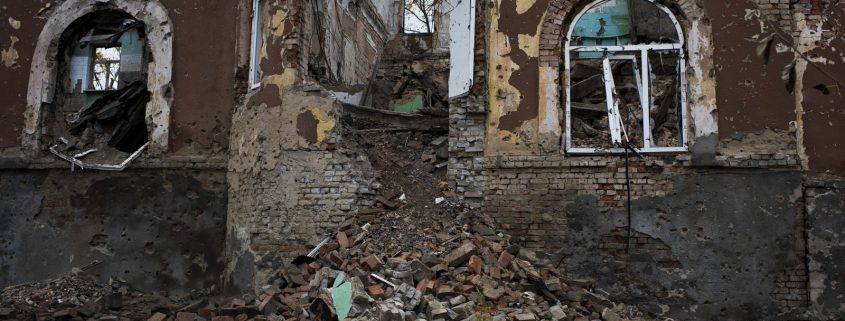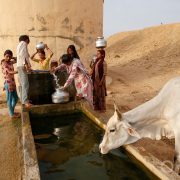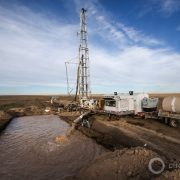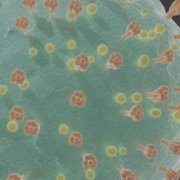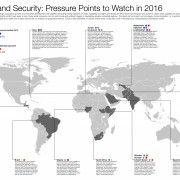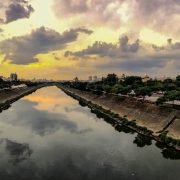HotSpots H2O, June 20: Shelling Cuts Off Water Supply of 400,000 Ukrainians
The Global Rundown
After shelling destroyed two filtration systems 400,000 people in eastern Ukraine were left without access to water. Solar-powered water pumps are fostering peace by creating a steady supply of water in Sudan. A report by Greenpeace finds that using sewage water to cool coal-based power plants in India will not resolve recent conflicts over the energy source. The American Red Cross increases funding to East Africa, including areas of South Sudan impacted by violent conflict. As the siege of Marawi City, Philippines enters its fourth week, aid agencies report that fleeing families are most in need of clean water.
“To claim that the use of sewage would solve coal power’s water problem would be like claiming a drop of water will save a man dying of thirst.” –Jai Krishna, author of a Greenpeace report. The study concludes that utilizing wastewater would not resolve conflicts over water use between utilities, farmers, and urban communities. Greenpeace recommends phasing out old plants and limiting water consumption as more efficient practices to address cooling India’s coal-fired power plants. India Today
By The Numbers
750,000 Number of children at risk of losing access to water as fighting increases in eastern Ukraine. The water supply of 400,000 people, including 104,000 children, was cut off last week after shelling damaged two filtration systems linked to the South Donbass Water pipeline. UNICEF
58,000 Number of families who have been displaced from Marawi City amid fighting between Islamic State and the Filipino government. A rapid needs assessment by a local aid agency identified clean water and cash for food as the greatest needs of displaced families. The number of people leaving Marawi City is expected to rise as the conflict enters its fourth week. Relief Web
Science, Studies, And Reports
Water scarcity has caused many conflicts among tribes in Sudan, but solar powered water pumps are beginning to foster reconciliation. UN Development Program has installed the pumps in six different Sudanese states, and the initiative currently provides 200,000 people with a steady supply of water. In addition to building peace, the pumps have decreased pollution and created a more hygienic environment. Relief Web
On The Radar
The American Red Cross has pledged $650,000 in funding to East Africa as drought persists throughout the region. The funds will aid local Red Cross teams in Kenya and South Sudan, including in areas of South Sudan which are facing violent conflict. Relief Web
Kayla Ritter is a recent graduate of Michigan State University, where she studied International Relations and Teaching English to Speakers of Other Languages. She is currently based in Manton, Michigan. Kayla enjoys running, writing, and traveling. Contact Kayla Ritter

